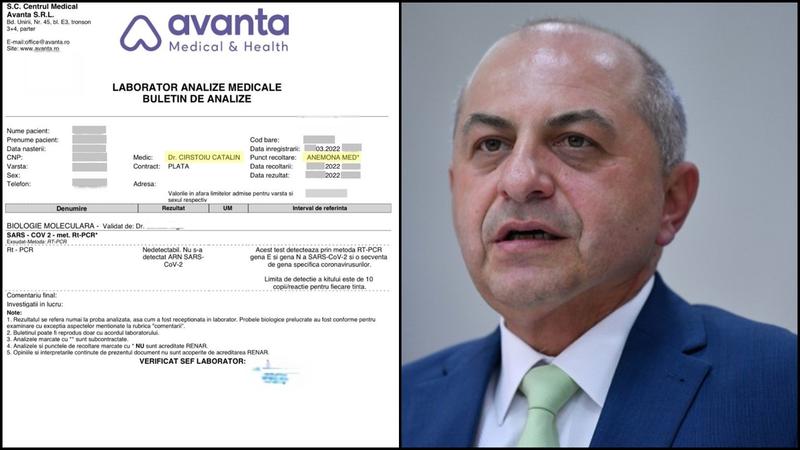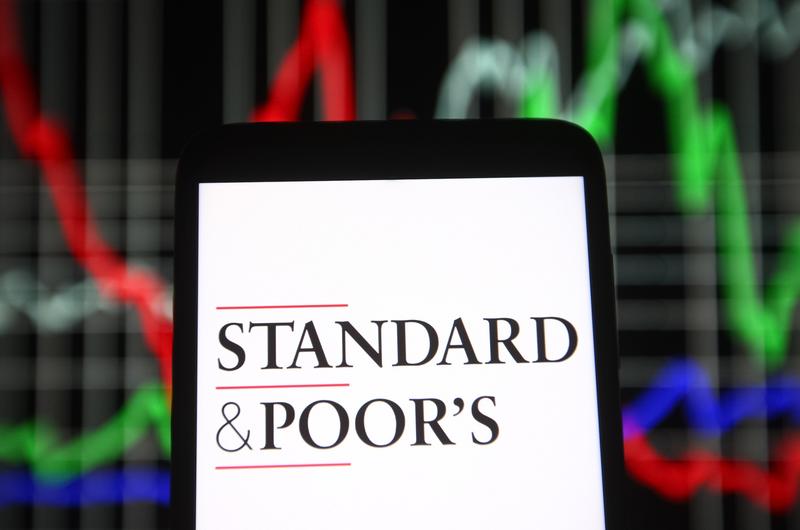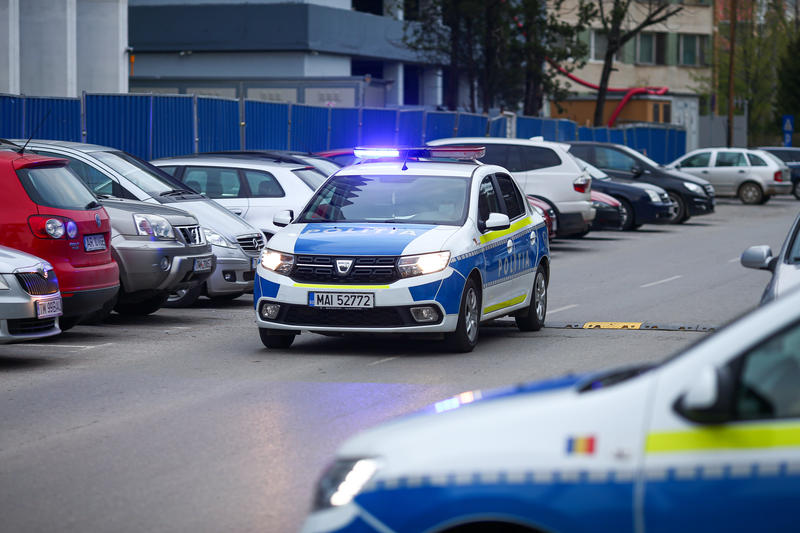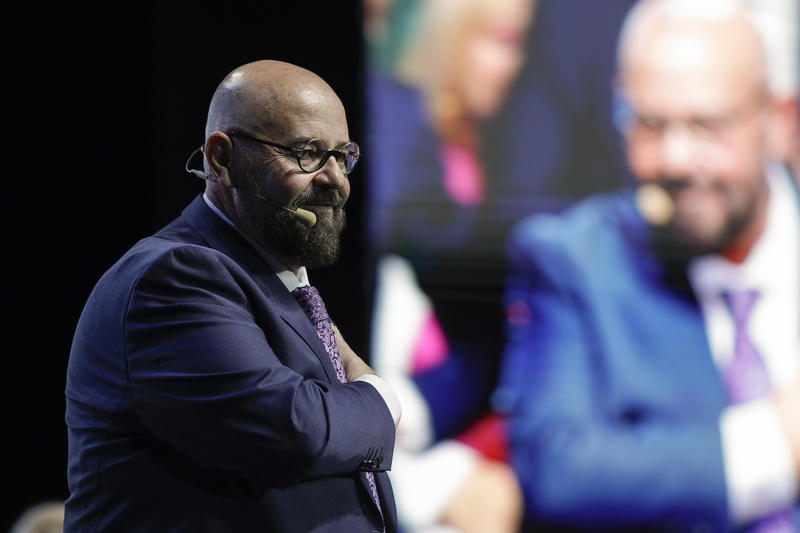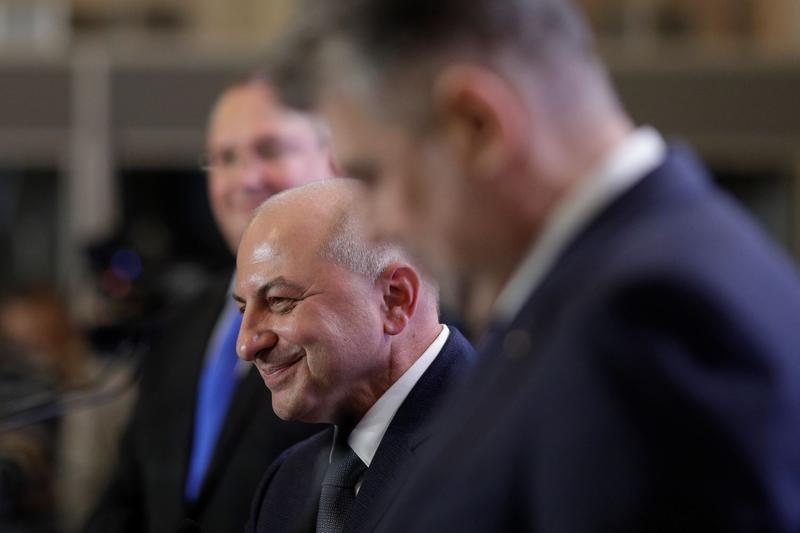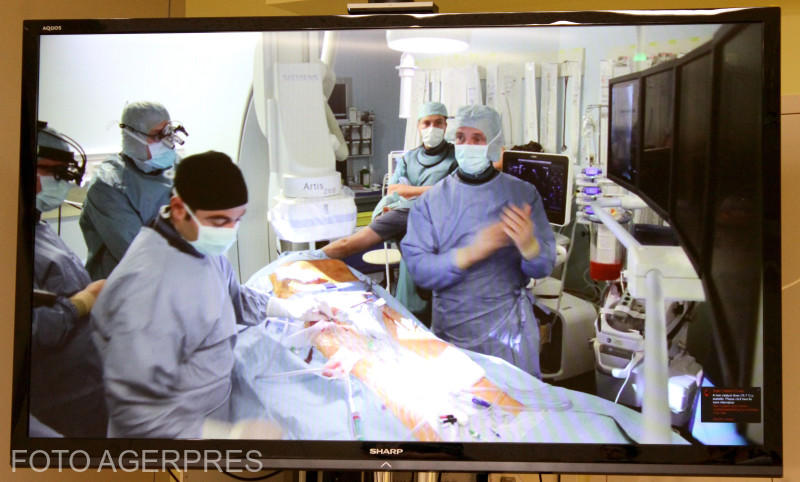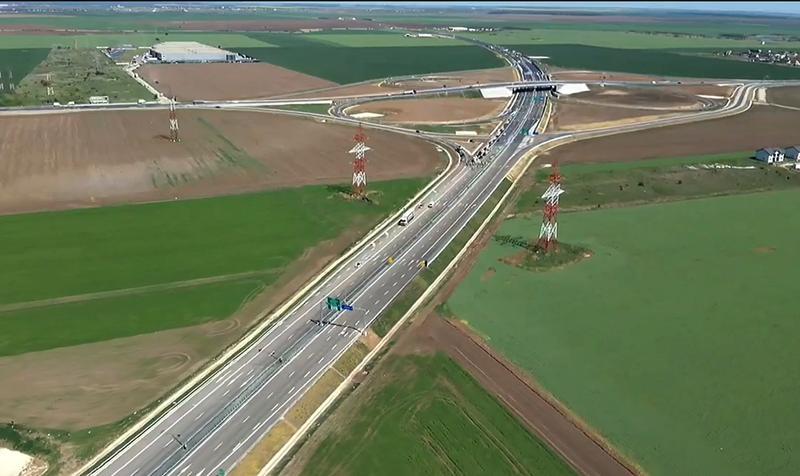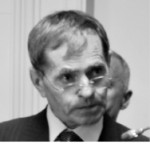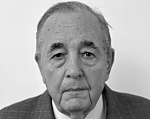Romanians prepare for the "match of the century" bringing Bucharest football teams Steaua and Rapid face to face in the UEFA Cup quarterfinals on Thursday. The media is ready for the task with previews of the match and the traditional revelations on the conditions of the clubs.
Elsewhere, the political sensitiveness of the Securitate archives comes back to light, a recent statement by EU Commissioner Rehn receives positive reports and a gaffe draws mockery for the head of the Romanian Academy.
The second leg of the UEFA Cup quarterfinals between Steaua and Rapid will be judged by a Spanish referee, Luis Medina Cantalejo, who "smashed" Saturday’s FC Barcelona-Real Madrid as well as several other matches he was unable to handle in his four years in FIFA, Evenimentul Zilei reports.
That would be bad news for a confrontation such as Steaua-Rapid, which Cotidianul calls "the clash of civilizations".
The only things common to the two clubs are a Bucharest tram line, their propaganda and their unpaid debts to the state budget, the newspaper points out, showing the deep historical divisions between the two and the risk of a violent face-off at the Thursday night match.
The same newspaper also notes that Steaua owner Gigi Becali, a populist businessman-politician known for his loose mouth and shady deals, might have managed to receive a 50-year cession period for the Ghencea stadium, controlled by the state but used by Steaua for low-profile matches.
Thursday’s match will take place on another Bucharest stadium because of the bad condition of the Ghencea field.
Meanwhile, Romanian leaders have been struggling to stay in the limelight with the ongoing confrontation between the governing Liberals and Democrats about the leadership of CNSAS, the institution studying the archives of the former Communist secret police, the Securitate.
The disputes seemed to have come to an end yesterday when it was announced that CNSAS will have a new head, Claudiu Secasiu, agreed by both parties. But the storm grew in intensity again when the man Secasiu replaced in office, Corneliu Turianu hinted that prime minister Calin Popescu Tariceanu was an informer for the Securitate.
He later retracted his statement, but too late as Tariceanu had already dismissed the accusation and called for his Securitate file to be revealed as soon as possible.
That prompts raging headlines in today’s newspapers: "Turianu withdraws but throws the barrel of mud in PM’s head", Gandul writes. "Turianu withdraws, long live Secasiu!", Evenimentul Zilei is happy to announce the news.
In a graver tone, Adevarul considers that "The CNSAS scandal turns into a political gangrene" in a time when "The publicly funded CNSAS has never worked", as Jurnalul National underlines.
Quite a bit of a difference from another major event these days – the Uniter Gala 2006 in which the best plays of Romanian theaters received their honors for the last two seasons.
The event – in which young Romanian director Radu Afrim was prized for best direction – was attended by members of the Royal Houses of Bulgaria and Belgium, Evenimentul Zilei points out.
Some high-profile international attendance was reported at similar awards offered by the the Romanian Academy yesterday, when the institution marked its 140th anniversary. But, as Cotidianul writes out, the event was tainted by a gaffe produced by the head of the Academy himself, Eugen Simion.
One day before today’s vote for a new head of the Academy, Simion wanted to give himself a special award but invited Romanian Orthodox Patriarch Teoctist to do the honors. Teoctist understood the award was for him - and left with it after long words of appreciation and thanking, as Cotidianul reports.
That seems to confirm, somehow, the words of EU Commissioner for Enlargement Olli Rehn, who two days ago said Romania was finally proving that nobody was above others in the country. What Rehn said, more specifically, was that nobody was above others before the law, a statement received positively by newspapers such as Adevarul.
The newspaper insists on Rehn’s recent speech in which the situation in Romania was presented in better terms than that of Bulgaria, the other country hoping to join the EU on January 1, 2007.
